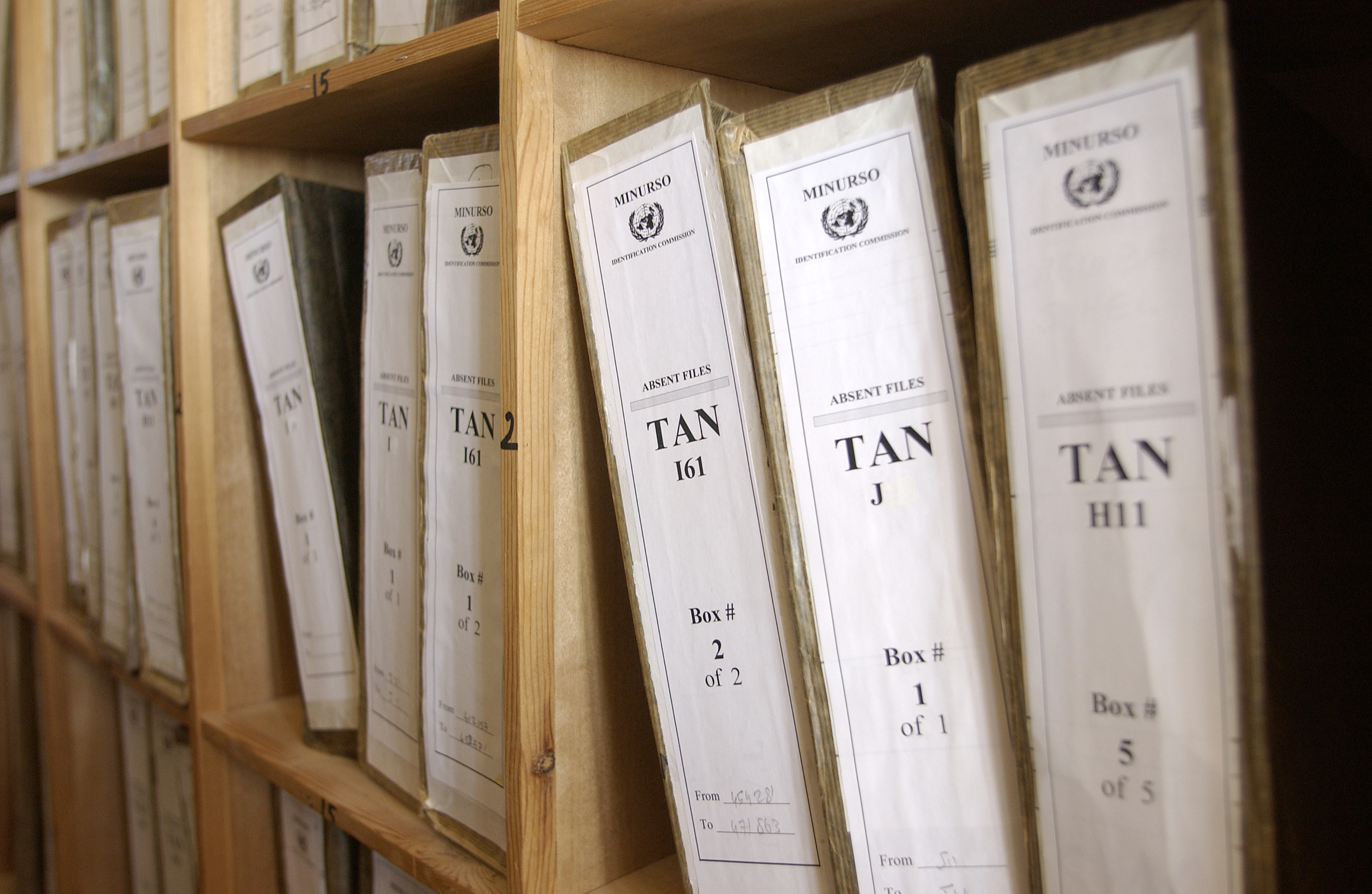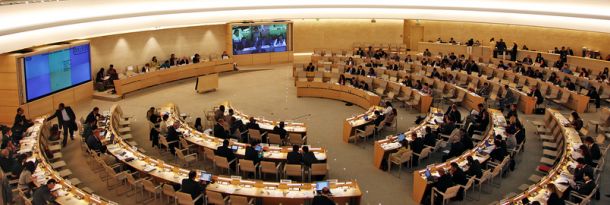In its statement to the United Nations’ Special Political and Decolonization Committee (Fourth Committee), Western Sahara Resource Watch called for the establishment of a mechanism to place the proceeds from the exploitation of Western Sahara’s natural resources under international administration until the conflict has been resolved, and for the inclusion of a human rights component into the MINURSO mandate.
The statement below was given by Michelle Dover on behalf of WSRW on 7 October 2010.
Western Sahara Resource Watch:
Statement to the United Nations Special Political and Decolonization Committee (Fourth Committee)
Honorable Mr. Chairman, Members of the Committee:
Western Sahara Resource Watch (WSRW) would like to thank the Fourth Committee for the opportunity to present our petition. We wish to address two issues that have become key obstacles to the resolution of this long-standing dispute: the ongoing plunder of Western Sahara’s natural resources in violation of international law, and the human rights violations perpetrated by Morocco in the occupied territory of Western Sahara.
On the first count, Morocco’s illegal exploitation of the natural resources of Western Sahara is being carried out despite its international obligations and a raft of UN General Assembly resolutions. As established by the UN Legal Counsel in 2002: “…if further exploration and exploitation activities were to proceed in disregard of the wishes and interests of the people of Western Sahara, they would be in violation of the principles of international law applicable to mineral resource activities in Non-Self-Governing Territories.”
The opinion explicitly chose to interpret international law as if Morocco had been the administering power because according to the legal counsel any limitation of the powers of such an entity would apply to an even greater degree to a power that only de facto administered the Territory. Morocco has only this de facto power over Western Sahara.
Of particular interest to the UN legal counsel were the General Assembly resolutions on the implementation of the “Declaration on the Granting of Independence to Colonial Countries and Peoples”, which called upon the administering powers to ensure that all economic activities in colonies under their administration were directed towards assisting the people of such territories to exercise their right to self-determination.
The Saharawi have a right to self-determination over their territory and its natural resources, as established by more than one hundred UN resolutions. The international community cannot ignore the wishes of the Saharawi people.
While the Saharawi people are subject to gruesome human rights violations, the international community has decided to avert its eyes in return for economic deals benefitting the Moroccan treasury. Pushed by the Spanish fisheries industry and the uncompromising preferential treatment from the French vis-à-vis Morocco, the entire European Union has replaced respect for fundamental legal principles with ruthless realpolitik by signing a fisheries agreement with Morocco that implicitly includes Western Saharan waters. We find it troubling that the EU lends this kind of political credibility to Morocco’s untenable claim, while at the same time tarring its own image as a champion of human rights.
Though required by international law, all evidence shows that the Sahrawi people and their representatives have not been consulted in relation to the exploitation of Western Sahara’s resources by Moroccan authorities and complicit foreign interests.
WSRW urges the establishment of a mechanism to place the proceeds from the exploitation of the territory’s natural resources under international administration until the status of the territory has been resolved.
WSRW also wishes to express its concern on the treatment of Saharawi who address Morocco’s plundering of their natural resources. The regular peaceful protests of the former Fos Bou Craa workers are either prevented or broken up by the police.
Furthermore, it has been widely documented by such organizations as Human Rights Watch and Amnesty International that the civilian population of the non-self-governing territory of Western Sahara is subject to various human rights abuses, including arbitrary detention, beatings, unfair trials, and torture.
Of particular concern is the continued detention of three well-known human rights activists, Ali Salem Tamek, Brahim Dahane and Ahmed Naciri, who after a year of imprisonment and without any evidence supporting the charges of undermining the state’s security, still have not been tried.
In 2006, the High Commissioner for Human Rights compiled a report on the state of human rights in occupied Western Sahara. We find it concerning that this report, which recommended the establishment of international monitoring of human rights in Western Sahara, still has not been formally released due to political pressure by France and Morocco.
In line with the OHCHR report, WSRW calls for the inclusion of a human rights monitoring capacity, with a direct reporting line to the UN Security Council, into the MINURSO mandate.
For these reasons, WSRW appeals for the establishment of a mechanism to place the proceeds from the exploitation of Western Sahara's natural resources under international administration until the status of the territory has been resolved, and for a human rights monitoring capacity to be included in the MINURSO mandate.
UN’s Western Sahara vote raises more questions than it answers
Behind the headlines and diplomatic spin suggesting that the Security Council is now siding with Morocco lies a more complex reality - one that hinges on the very right that Rabat has spent decades trying to bury: self-determination.
WSRW calls on addressing plunder
WSRW calls on UN Member States to address Morocco's plunder of Western Sahara during Morocco's UPR review in November.
States urge Spain to respect Saharawi rights in Human Rights Council
Namibia and East-Timor have today recommended Spain to respect the Saharawi people's right to free, prior and informed consent with regard to the exploitation of Western Sahara's natural resources.
WSRW calls on UN Members to question Spain on Western Sahara at UPR
Next month, Spain’s human rights track record will be reviewed by the UN Human Rights Council in Geneva. WSRW asks UN Member States to raise the rights of the people of Western Sahara, for whom Spain continues to bear responsibility.



